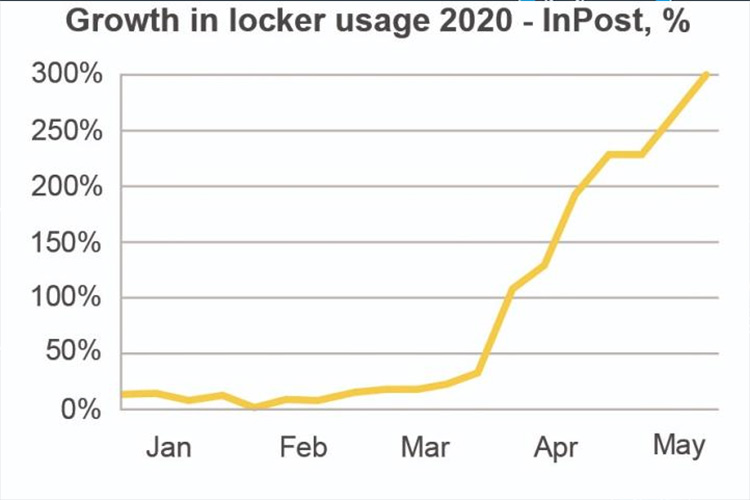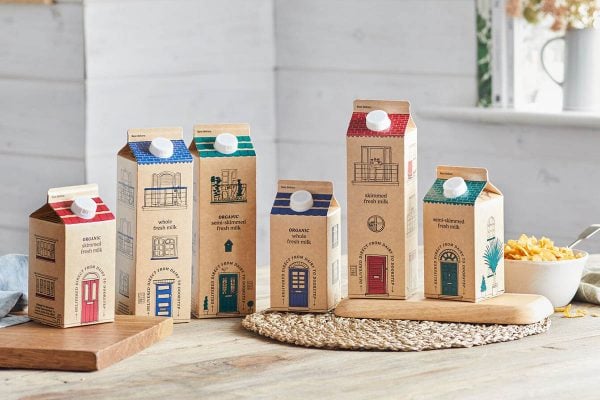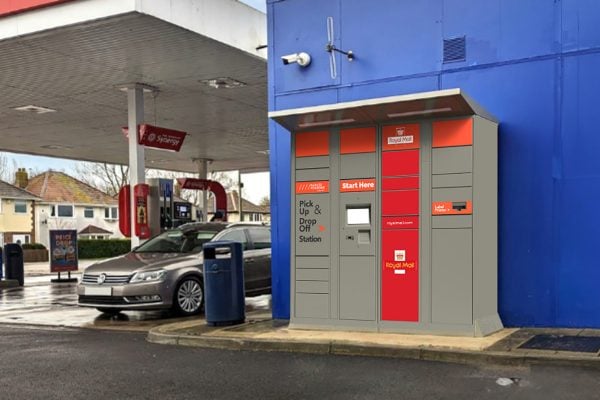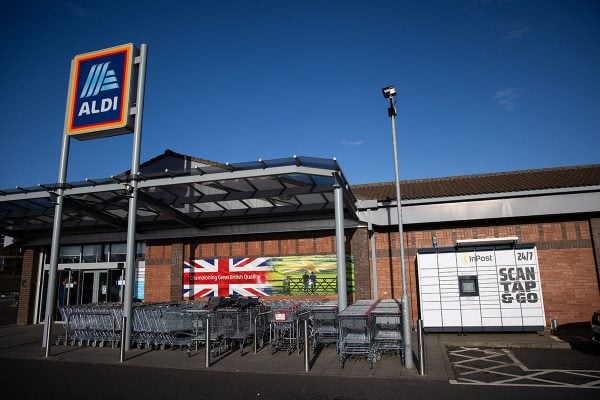As the country starts to see lock down restrictions relaxed in all four nations, with shops once again open in England and Northern Ireland, the government is looking to change the way we move about with a green transport revolution.
“We stand on the verge of a new transport revolution… This time, not limited to one particular means of travel, but rather to all forms of transport… A green transport revolution… Which will help us rebuild a stronger, more prosperous Britain, as well as a cleaner and healthier one.”
– Rt Hon Grant Shapps MP, Transport Secretary
Much of a green transport revolution will involve the way we get to work (or don’t and continue working from home when we can), go shopping, or access leisure activities but it will also include the way goods are moved around the country. The environmental impacts of the lock down have been clear around the world from cleaner air in cities to blue water in the canals of Venice. The question is how to we retain the benefits of a cleaner environment coupled with getting economies running again with less impact than before.
The reality is, that even with shops opening and Boris promising we should shop for Britain with confidence that it’s safe to do so, that many consumers have been happily shopping online and a face mask on the bus into town isn’t going to get them queuing up at shopping malls and high streets. The best prediction is that the high street shops will be busy at December levels for a few weeks followed by perhaps 12 months of January levels of traffic.
Consumer behaviour has changed drastically as evidenced by the huge increase in use of locker deliveries. Somewhat surprising seeing as the incidence of 1st time successful deliveries has also sky rocketed – with so many working from home almost everyone is available to accept their online purchases. InPost saw locker deliveries rise by 300% in the two months since lock down and one of the big advantages is that these are also a 1st time successful deliveries and generally involve multiple parcels delivered at a single point. If we want a green transport revolution lockers should be a component of this, especially as people get back to work and deliveries to home may not always take place on the 1st attempt.

The challenge will be that not all platforms have integrations to easily allow for locker deliveries and for a green transport revolution, so it will take more than consumer desire. Marketplaces and webstore platforms need to integrate new forms of shipping to enable not just locker deliveries (including passing the code to open the locker to the consumer as well as the option to use them) but also wider availability of click and collect with those businesses, large and small, having the ability to add themselves as click and collection locations.
“Traditional home delivery involves courier firms delivering individual parcels to individual homes; however InPost 24/7 Lockers enable couriers to deliver multiple parcels to a single location. Couriers can then do 50 drops in one stop versus 50 different stops and fewer journeys through urban, residential areas. In turn, courier routings are improved and parcels are delivered to lockers first time, every time. Leading to a cut in CO2 emissions by up to two-thirds and quieter, less congested roads.
Lockers can also reduce delivery vehicles contributions to global warming by up to 13 times that of conventional parcel home delivery from the last mile within extra urban areas and up to three times within urban areas.
Air quality is another area that parcel lockers can help to improve. Nitrous oxide from road vehicles has been declining, but the proportion from vans is still increasing. If parcels are consolidated into locker drops, we can help to clean up the air which costs the UK a projected £3.7bn annually in health impacts.
We agree with Mr Schapps – we all need to do more, but we don’t need to wait for new policy, we can all make changes today that will have a huge impact both now, and in the future.”
– Jason Tavaria, CEO, InPost UK








